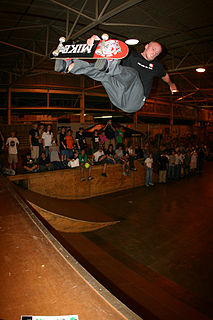A Quote by George Orwell
The most stirring battle-poem in English is about a brigade of cavalry which charged in the wrong direction.
Related Quotes
In the Army of the Shenandoah, you were the 'First Brigade!' In the Army of the Potomac you were the 'First Brigade!' In the Second Corps of this Army, you are the 'First Brigade!' You are the 'First Brigade' in the affections of your general, and I hope by your future deeds and bearing you will be handed down the posterity as the 'First Brigade' in this our Second War of Independence. Farewell!
One of the things I love about translation is it obliterates the self. When I'm trying to figure out what Tu Fu has to say, I have to kind of impersonate Tu Fu. I have to take on, if you will, his voice and his skin in English, and I have to try to get as deeply into the poem as possible. I'm not trying to make an equivalent poem in English, which can't be done because our language can't accommodate the kind of metaphors within metaphors the Chinese written language can, and often does, contain.






































